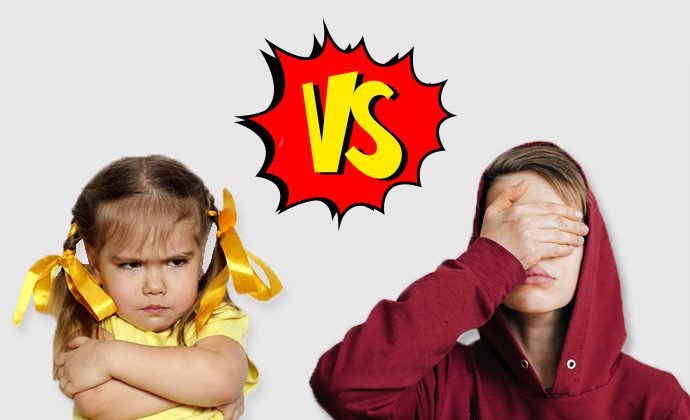Hey Patrons:
This past weekend, I was chatting with a friend with several young children. He asked me what the difference was between parenting toddlers versus teens. I told him, "Parenting toddlers is physically draining; parenting teens is emotionally draining."
Like every parent of a teenager, I worry. I worry about how he is doing academically, socially, and emotionally. I worry about him making smart choices. I worry about who he hangs out with and what choices they make. I worry about what he watches and see online. I even have an app that tells me where he goes and how fast he drives. Yep - I worry.
But, my worries are justified.
Rates of alcohol, drug, and tobacco use among teenagers are concerning, and the impact of fentanyl alone will scare the living bejeesus out of you.
Yea, binge-watching Breaking Bad, Ozark, and Better Call Saul, aren't helping things, but holy smokes, it's scary out there.
According to the Centers for Disease Control and Prevention, "about one-third of high schoolers consumed alcohol in the last month, and 18 percent had five or more drinks when they did so. One in five had used marijuana in the past month, and more than 5 percent had used cocaine or hallucinogenic drugs. Just over 10 percent of high schoolers smoke cigarettes."
A pair of Washington State University professors think they know the answer to dealing with teens making bad choices, increased academic rigor, and accountability. More math, more science.
Professors Zhuang Hao and Benjamin Cowan examined the number of math and science courses required for a high school diploma and the relationship to risky behavior among high school students. Their data spanned from 1993 to 2011 and included over 100,000 students across 47 states.
According to the study, these increases in state math and science high school graduation requirements reduced alcohol consumption without any offsetting increase in marijuana or cigarette use. More demanding academic standards decreased the number of days teenagers drank and the rate at which they engaged in binge drinking (defined as more than five drinks at a time).
The study doesn't explain why greater graduation requirements might reduce risky behavior, but the authors offer two hypotheses. First, greater demands at school take more time: longer hours doing homework and studying. Students who spend more time on schoolwork have less time to do other things.
(Ok - I have had you endure this long enough, so let me rip the band-aid off.)
WWWEELLLL DDUUUUUHHHHH! (Sorry my inner 7th grader just came out)
Seriously? You needed eighteen years, and not one, but TWO college professors to figure that one out? Well, that should make the list of dumbest studies ever.
Let's review these revolutionary findings.
Kids who spend more time studying have less time to make bad choices.
Kids more invested in academics are less likely to act in a way that jeopardizes their standing.
Kids who are surrounded by other good kids tend to perform better academically.
Kids who attend academically challenging schools/and are more successful.
I didn't need a multi-decade study to know that. I know that - because that is what we do every day in our music classes.
Music places students in an environment of accountability.
Music increases the rigor and demand every year.
Music requires far more out-of-school time than math, leaving them less vulnerable.
Music surrounds kids with other invested students and families.
Music places them in events that push them to be better than their sister schools.
The question is not does increased rigor/demand make kids better; the question is, where are the rigor and demand the highest?
The answer? Music!
Physical, cognitive, emotional, tactile, etc. It's all there! It is the complete package of rigor and demand. I don't understand why people can't see this.
I propose a study. I want to take 10,000 highly performing/successful students and compare their class schedules. Let's look at their non-required courses and see if these students have anything in common.
My study doesn't aim to find out what makes kids great; it seeks to find out where it is happening.
That's a study worth reading.
Have a great week Cuppers.
Scott

